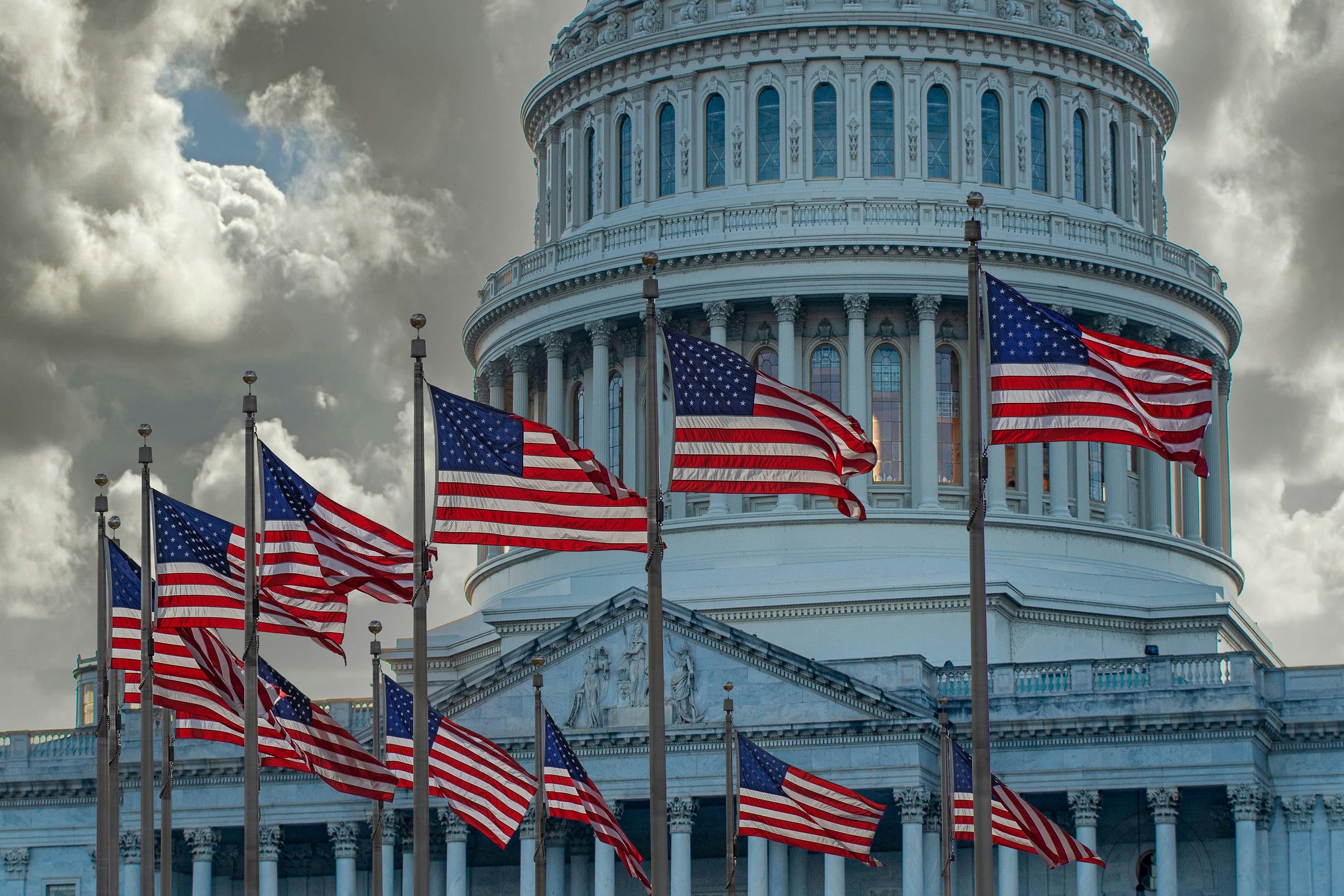
.svg)
Immigration officers will begin screening applicants for signs of “anti-Americanism,” the Trump administration announced on Tuesday. The new policy directs officers to look for evidence of “anti-American” or antisemitic activity, and expands earlier social media vetting.
“America’s benefits should not be given to those who despise the country and promote anti-American ideologies,” U.S. Citizenship and Immigration Services (USCIS) spokesperson Matthew Tragesser said in a statement. “USCIS is committed to implementing policies and procedures that root out anti-Americanism and supporting the enforcement of rigorous screening and vetting measures to the fullest extent possible.”
Why This Matters
The new policy offers little clarity on what counts as “anti-Americanism.” While USCIS references the 1952 Immigration and Nationality Act, which barred affiliations with communism or groups advocating violent overthrow, the lack of a modern definition leaves applicants guessing how today’s officers might apply the rule.
“The challenge is that ‘anti-Americanism’ isn’t defined in immigration law,” said Erik Finch, director of global operations at Boundless and a former USCIS officer. “Without clear standards, officers have a lot of discretion, and that can create real uncertainty for families and workers trying to do everything by the book.”
{{newsletter-component}}
Who’s Affected
The expanded screening applies to all immigration benefit applications. That includes:
- Family-based green cards
- Humanitarian protections
- Employment visas such as H-1B, O-1, and L-1, along with employer-sponsored green cards
- Naturalization applications for U.S. citizenship
The policy does not outline any exemptions. In practice, this means that both families and employers should expect additional scrutiny of petitions and supporting records.
What You Can Do
If you’re applying for a visa, green card, or U.S. citizenship, it’s important to:
- Review your public records and social media, and be ready to explain context for anything that could be read as endorsing violence, unlawful activity, or designated groups.
- Seek professional legal support to prevent mistakes and keep your case on track.
{{tip-component-1}}
Applicants now face a less clearly defined review process, but careful preparation can make a difference. Taking the time to thoroughly prepare your application and anticipate how records or online activity might be interpreted can help reduce uncertainty and keep your case moving forward.
{{cta-component-center-aligned}}
The new USCIS policy doesn’t spell out exactly what “anti-Americanism” means, but based on existing immigration law, applicants should be cautious about material that could be read as:
- Promoting or supporting violence: Including ties to terrorist groups or calls for violent action.
- Antisemitic or discriminatory content: Posts or affiliations that could be viewed as hate-based.
- Advocating the overthrow of government by force: Rhetoric or symbols tied to violent movements against U.S. institutions.
- Affiliations with banned or extremist organizations: Even indirect promotion, such as sharing or endorsing their content.
Ordinary political opinions or criticism of U.S. policies are not defined as disqualifying, but because the standard is vague, applicants may want to review their public posts carefully and remove anything that could be misinterpreted.
.png)
.png)
.png)




.jpeg)




.svg)
.avif)